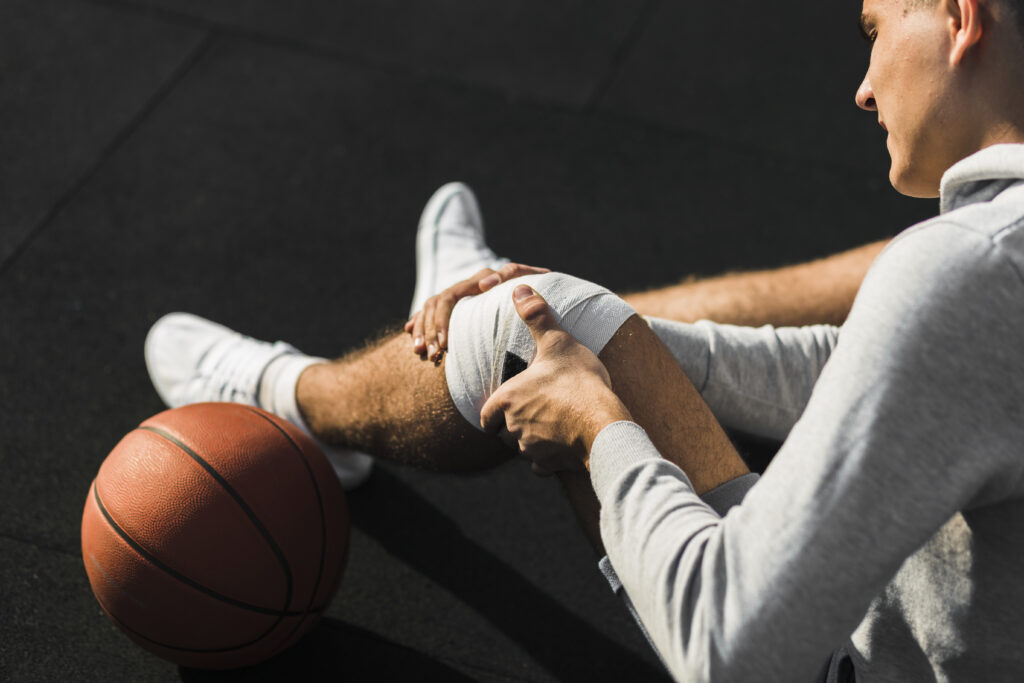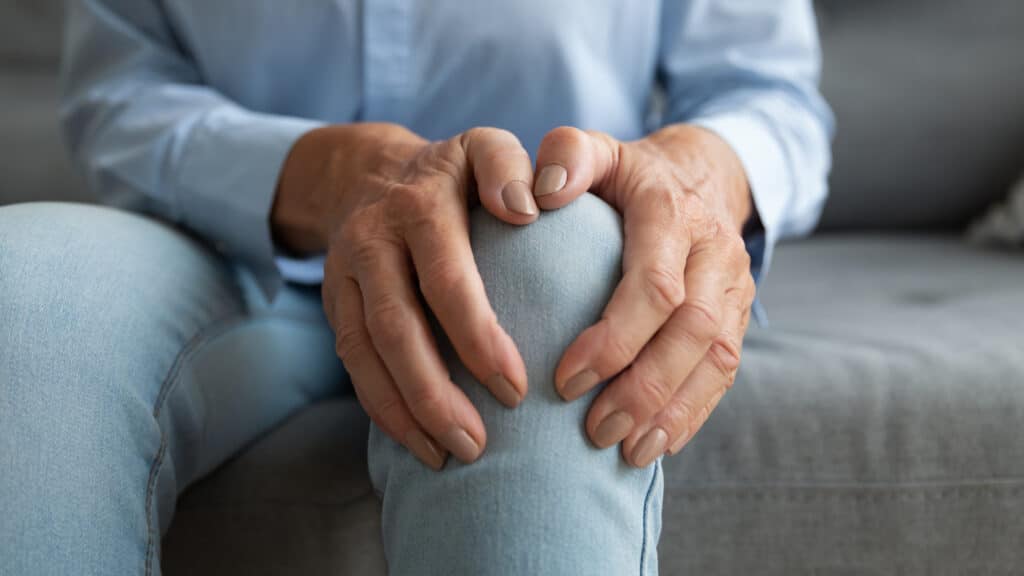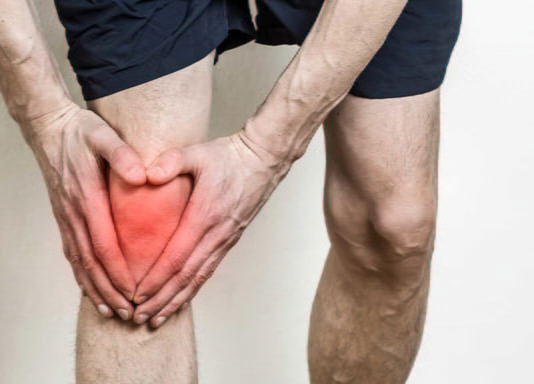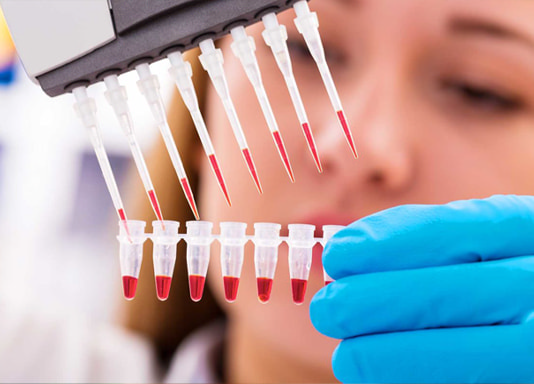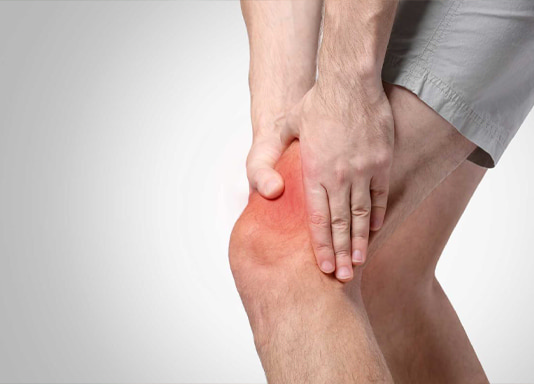Dealing with Sports Injuries: Prevention, Treatment, and Rehabilitation
Participating in sports and physical activities brings numerous health benefits, but it also carries the risk of sports injuries. Whether you’re an amateur athlete or a seasoned pro, understanding how to prevent, treat, and rehabilitate sports injuries is essential for staying active and maintaining peak performance. In this comprehensive blog, we’ll explore the world of sports injuries, from their causes and prevention to the latest treatment and rehabilitation techniques. Join us as we dive into the strategies that can keep you in the game, even after facing the challenges of a sports-related injury.
Understanding Sports Injuries
Sports injuries can range from minor sprains and strains to more severe fractures and tears. They occur during physical activities and sports, often as a result of overuse, improper technique, or accidents. Common types of sports injuries include:
- Sprains: Stretching or tearing of ligaments.
- Strains: Overstretching or tearing of muscles or tendons.
- Fractures: Broken bones, which can be stress fractures or acute fractures.
- Dislocations: When a bone is forced out of its normal position in a joint.
- Tears: Damage to cartilage, such as meniscus or ligament tears.
Understanding the specific injury and its underlying causes is crucial for effective prevention and treatment.
Preventing Sports Injuries
Preventing sports injuries is a primary goal for athletes of all levels. Key preventive measures include:
- Proper Warm-Up: A thorough warm-up routine can increase blood flow, improve flexibility, and reduce the risk of strains and sprains.
- Technique and Form: Learning and using correct techniques for your sport can prevent overuse injuries.
- Regular Conditioning: Strength and flexibility training can improve overall fitness and reduce injury risk.
- Appropriate Equipment: Wearing protective gear, such as helmets, pads, and supportive footwear, is essential for injury prevention.
- Rest and Recovery: Adequate rest between training sessions and competitions allows the body to recover and reduces the risk of overuse injuries.
First Aid for Sports Injuries
In the event of a sports injury, immediate first aid can make a significant difference in the outcome. Basic first aid steps include:
- R.I.C.E: Rest, Ice, Compression, and Elevation can help manage swelling and pain for many injuries.
- Immobilization: For fractures or dislocations, immobilize the injured area to prevent further damage.
- Pain Management: Over-the-counter pain relievers or topical analgesics can help alleviate pain.
- Seek Medical Attention: For severe injuries, it’s essential to seek prompt medical evaluation and treatment.
Treatment Approaches for Sports Injuries
The treatment of sports injuries varies depending on the type and severity of the injury. Common approaches include:
- Physical Therapy: Many injuries benefit from physical therapy, which focuses on strengthening, flexibility, and pain reduction.
- Medications: Pain relievers and anti-inflammatory drugs may be prescribed to manage pain and reduce inflammation.
- Bracing and Supports: Splints, braces, or crutches can provide support and stability for certain injuries.
- Casting or Surgery: For severe fractures or torn ligaments, casting or surgical intervention may be necessary.
- Rehabilitation: Post-injury rehabilitation programs help athletes regain strength, mobility, and function gradually.
Sports-Specific Rehabilitation
Each sport may require specific rehabilitation techniques tailored to the demands of that activity. For example, a runner recovering from a knee injury may focus on regaining proper running form, while a tennis player rehabilitating a shoulder injury may work on serving mechanics. Sports-specific rehabilitation helps athletes not only recover from injuries but also return to their sport with improved performance and reduced risk of re-injury.
Psychological Aspects of Recovery
Recovering from a sports injury involves not just physical but also psychological aspects. Athletes may experience frustration, anxiety, or depression during the recovery process. It’s essential to address these emotions and work with sports psychologists or counselors if needed to maintain a positive mindset and mental resilience during the rehabilitation journey.
Returning to Sports Safely
Returning to sports after an injury should be a gradual process. Athletes should work closely with their healthcare providers and trainers to ensure a safe return. This may involve phased training programs, monitoring for any signs of pain or discomfort, and ongoing rehabilitation exercises to prevent re-injury.
Injury Prevention as a Lifelong Practice
Preventing sports injuries is an ongoing commitment for athletes of all ages. It’s not only about avoiding injuries but also optimizing performance and longevity in sports. Athletes should continually educate themselves on injury prevention techniques, stay conditioned, and prioritize rest and recovery. By adopting injury prevention as a lifelong practice, athletes can enjoy their sports and activities to the fullest while minimizing the risk of setbacks. Remember that the journey towards optimal health and performance in sports is an ongoing process. Injury prevention should be a lifelong commitment for athletes at all levels. By staying attuned to your body, staying informed about the latest advancements in sports medicine, and approaching your athletic endeavours with dedication and a safety-first mindset, you can continue to pursue your passion for sports while minimizing the risks associated with injuries.
Sports injuries are a part of the athletic journey, but they don’t have to be a roadblock. With proper prevention, immediate first aid, effective treatment, and comprehensive rehabilitation, athletes can overcome injuries and return to their beloved sports stronger and more resilient. By focusing on injury prevention and staying informed about the latest procedures.



